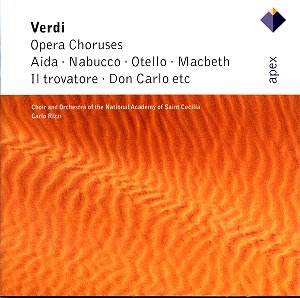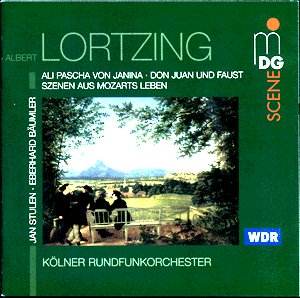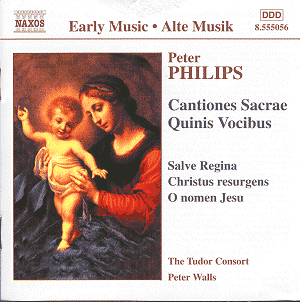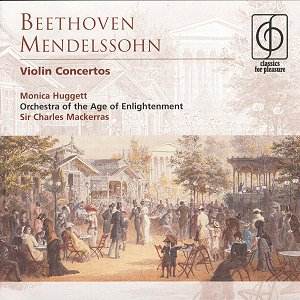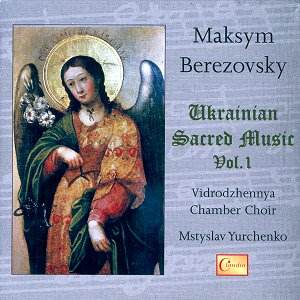 Composer: Maksym Berezovsky
Composer: Maksym Berezovsky
Works: Ukrainian Sacred Music Volume 1: Liturgy, Eucharistic Verses, Choral Concert – Let the Lord Enthrone
Performers: Vidrodzhennya Chamber Choir, Mstyslav Yurchenko (Choirmaster)
Recording: Refectory Church of Kyiv, 2000
Label: CLAUDIO CB 4730-2
Maksym Berezovsky, an essential figure in the early development of Ukrainian sacred music, occupies a unique niche in the annals of 18th-century composition. Born to Cossacks in Glukhov, Berezovsky’s brief but impactful life (c. 1745–1777) saw him study in Bologna under the esteemed Padre Martini, a training that infused his work with a distinctly Italianate flair. This recording, “Ukrainian Sacred Music Volume 1,” offers a rich tapestry of Berezovsky’s liturgical output, aligning the Ukrainian liturgical tradition with the stylistic conventions of the Catholic Mass, showcasing a composer whose works resonate with both national identity and universal spirituality.
The performance by the Vidrodzhennya Chamber Choir, under the adept direction of Mstyslav Yurchenko, is noteworthy for its clarity and expressive depth. The choir navigates the intricate polyphonic sections of the Eucharistic Verses with remarkable precision, particularly in the “Salvation Cup I Will Receive,” where the basses’ fluidity exemplifies a nascent Russian choral tradition. The balance of voices is well-considered, although some moments expose minor inconsistencies, particularly in the female choir’s line in “Joy for the Blessed.” Despite the occasional bulge in phrasing, the overall interpretation is sensitive and earnest, capturing the essence of Berezovsky’s musical language.
Each work on the disc is a testament to Berezovsky’s ability to blend the sacred with the lyrical. The “Credo” from the Liturgy stands out for its rapid homophonic chant, which encapsulates a dynamic tension between the liturgical form and the nationalistic impulses in Berezovsky’s music. The contrasting textures employed throughout the “Choral Concert – Let the Lord Enthrone” reveal a thoughtful approach to word setting, even if thematically it remains relatively straightforward. The four movements, despite their brevity, reflect a satisfying development of musical ideas. The recording quality is commendable, capturing the resonant acoustics of the Refectory Church of Kyiv, allowing the choir’s sound to bloom while maintaining clarity in the intricate counterpoint.
This disc does not provide texts, an oversight that could have enhanced the listener’s grasp of Berezovsky’s textual nuances. Nevertheless, the interpretative choices made by Yurchenko and his ensemble resonate with authenticity, offering a compelling insight into a composer whose works deserve greater recognition within the broader canon of sacred music. The recording stands as an important document of Berezovsky’s legacy, inviting listeners to appreciate the confluence of Ukrainian and Italian traditions in his choral writing.
Berezovsky’s “Ukrainian Sacred Music Volume 1” emerges as a significant contribution to our understanding of 18th-century sacred music. This recording not only illuminates his unique voice but also serves as a reminder of the rich cultural tapestry from which this music springs. The Vidrodzhennya Chamber Choir’s performance captures the essence of Berezovsky’s intentions, making this disc an essential addition for those interested in exploring the intersections of national identity and liturgical tradition in classical music.
